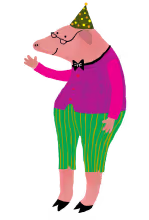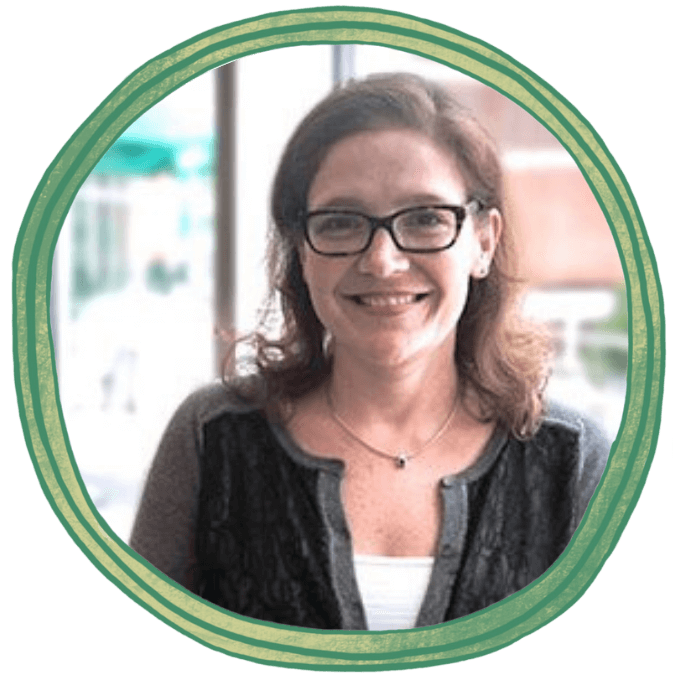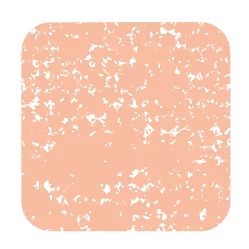
Laura Henry-Allain MBE
Producer, Writer and Consultant
Laura Henry-Allain MBE is an award-winning international storyteller, educationalist producer and consultant.
She is the creator of the well-loved, award-winning, JoJo and Gran Gran global series, developed and produced by CBeebies, and is the series producer. Laura has a new children’s animation that is currently in development.
Laura has worked with several global brands, including Paramount, Mattel, Moonbug, Hasbro, John Lewis, Comic Relief and Bafta.
Her bestselling children's books include My Skin, Your Skin and My Family, Your Family, and Maya and Marley, which centres on an adventure playground.
Laura is a board member of the Children’s Media Foundation and vice president of The British Association of Early Childhood Education. She is also a patron of the Grenada Community Library, mentor to the Grenfell Memorial Quilt, an expert commissioner on the Raising the Nation Play Commission national inquiry into play and the creator and presenter of the podcast My Words, My Book.
Find Laura on Facebook, Instagram, TikTok and BlueSky - @LauraHAllain
Key takeaways:
- Background and Inspiration: Laura, an award-winning international producer, storyteller, and educational consultant, discovered her passion for storytelling from her St. Lucian family’s oral tradition, despite leaving school with few qualifications and being diagnosed with dyslexia in her thirties.
- Career Journey: Starting as a clerk typist, Laura pursued nursery nursing (NNEB), worked as a nursery manager, Ofsted inspector, and freelance trainer, collaborating with organizations like the BBC, Nursery World, and the Department for Education.
- Children’s Author: Laura is a bestselling children’s book author, notably creating the *Jojo and Gran Gran* series, inspired by her relationship with her grandmother, and advises on children and family issues, emphasizing diverse representation in her work.
- Advocacy for Play: As a commissioner on the *Raising the Nation* inquiry into play, Laura advocates for play’s centrality in childhood, highlighting issues like reduced play opportunities for underserved communities and the need for better play provisions in schools.
- Storytelling for Inclusion: Laura’s books, like *My Family, Your Family*, promote representation of diverse family structures and disabilities, fostering self-esteem and empathy through “mirrors, windows, and sliding doors” to reflect and explore different identities.
- Supporting Early Years: She emphasizes the importance of the key person approach in early years settings, encouraging practitioners to understand children deeply, use stories to spark conversations, and ensure inclusive play opportunities.
- Promoting Reading: Laura launched the *My Words, My Book* podcast to counter declining reading rates, offering evergreen resources to inspire children’s love for books and storytelling, with a free webinar on June 12 to support reading in early years settings.
Related Webinars

We'd love your feedback!
Did you love it or hate it? And what ideas have you got for upcoming webinars - big names you'd love to see or topics you'd like covered?

.avif)









